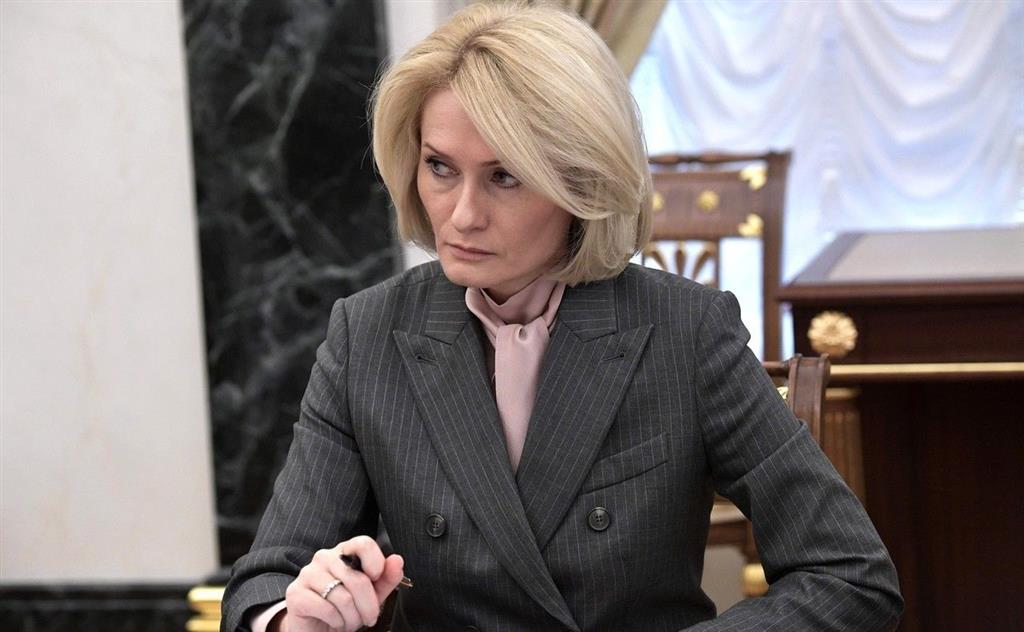Abramchenko, who headed one of the round tables held at the 26th St. Petersburg International Economic Forum, said that the said sales figures may be reached for the next season (between July 1st, 2023 and June 30th, 2024), taking into account the reserves.
The Deputy Prime Minister pointed out that domestic exporters faced a series of difficulties in relation to the sanctions against Russia related to mutual settlements, logistics, freight and ship insurance.
As a consequence, exporters focused on other markets: the Global South, Latin America and Africa, Abramchenko said, noting that Russia’s agricultural exports went from 16.3 billion dollars in 2013 to 41.5 billion in 2022.
“Our forecasts are good for exports because the world population is growing, areas with unfavorable conditions for agriculture are appearing because the climate is changing, soils are degrading, and there is a shortage of fresh water,” she stressed.
“Of course there are opportunities for Russia as a global food supplier. We are ranked 18th in the list of food-supplying countries. Our goal is to be in the top 10 by 2030,” Abramchenko stressed.
The Minister of Agriculture, Dmitri Patrushev, affirmed that Russia exported 38.1 million tons of grain in 2021-2022, and could export between 50 and 55 million tons of cereals in the new agricultural season and more than 55 million tons in the current one.
jrr/llp/jha/gfa










